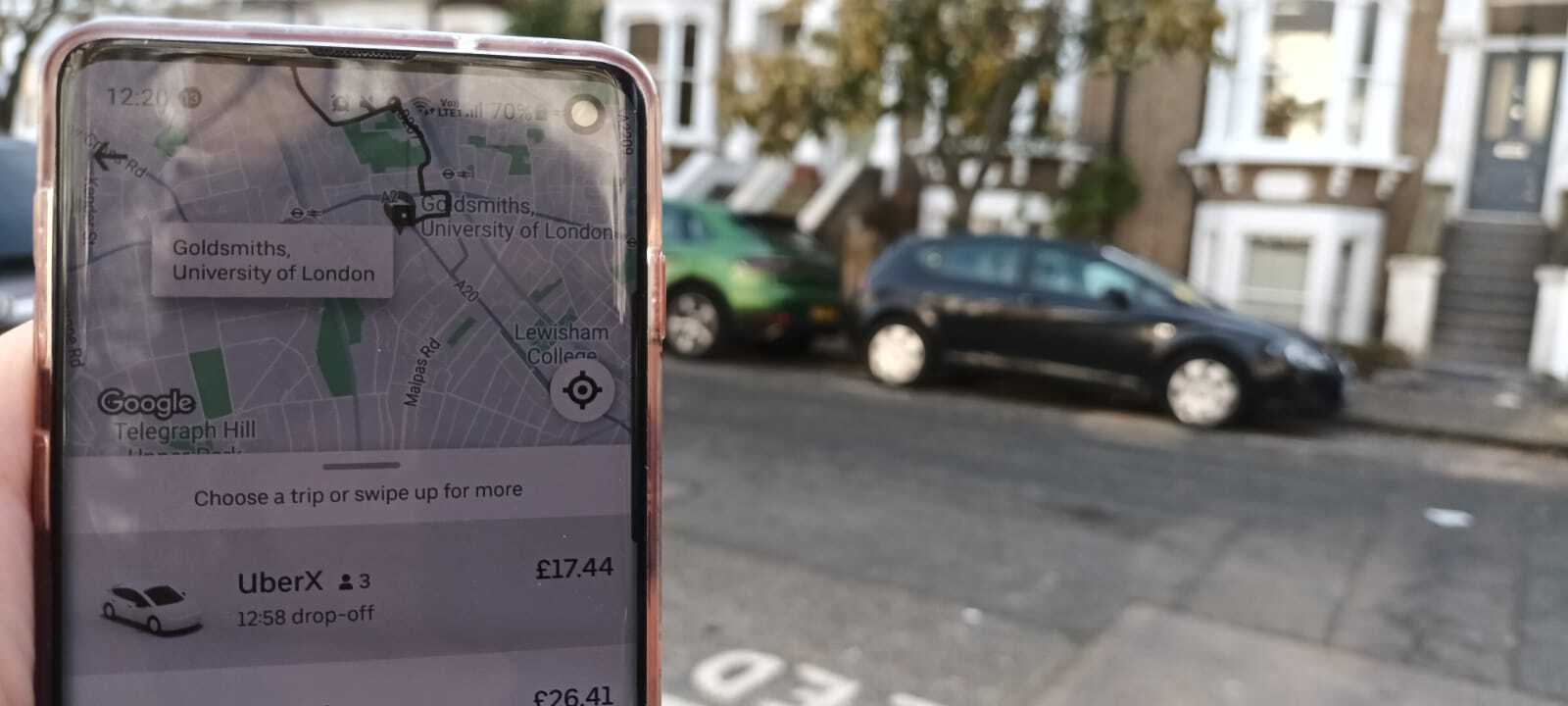

Bolt, the ride-hailing app, seen as Uber’s biggest competition in the capital, have announced they will let drivers set their prices individually after Uber raised fares by 10% in London last week.
Both companies have struggled with keeping drivers on their platforms after the lifting of coronavirus restrictions, leading to increased waiting times and frustration for passengers.
Bolt drivers will be able to set their fares within a range in several cities, with the company hoping for a full rollout of this feature before Christmas.
Bolt’s announcement comes only days after Uber’s, with Uber also adding a 25% surcharge for airport rides.
These rises in fares will have the largest effect on those in their 20s and 30s, currently the biggest consumers in the UK ride-hailing market.
Last month Uber drivers undertook strike action organised by the Independent Workers Union of Great Britain (IWGB) over the increased share Uber takes for each ride, encouraging a boycott of the app during the strike.
The IWGB union took to Twitter to comment on the Uber price rise, saying: “a 10% rise is not nearly enough to compensate for years of slashed pay nor the fuel spikes and the increasing cost of living. Uber needs to cut its 25% share to 15% now”.
It has been an eventful year for ride-hailing apps in the UK.
In February, the supreme court ruled that Uber drivers should no longer be classed as self-employed, entitling them to the same rights as workers, including sick pay, a minimum wage, and a pension.
Bolt still currently classes its drivers as self-employed but this could change going forward as legal cases are being brought against the company over the issue of workers’ rights.
Currently, there are 65,000 Bolt drivers and 90,000 Uber drivers across the UK.
Lack of worker rights may be one of the reasons Bolt continues to lag behind Uber’s user base, with Uber currently rating four times more popular than its Estonian competitor in the UK.